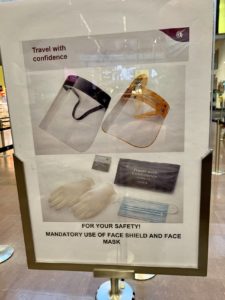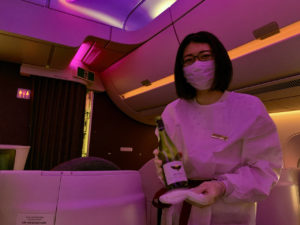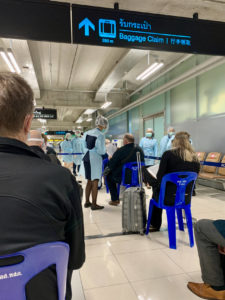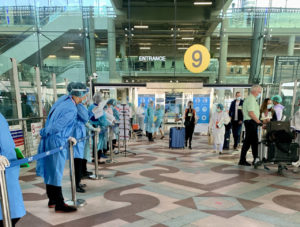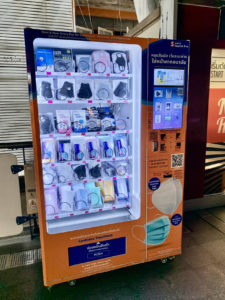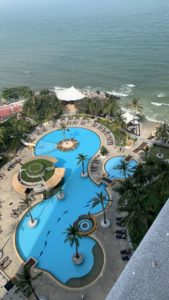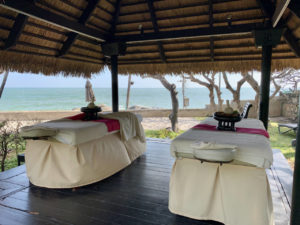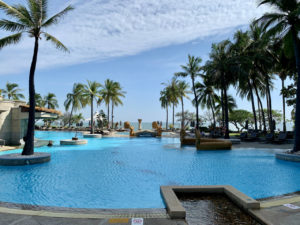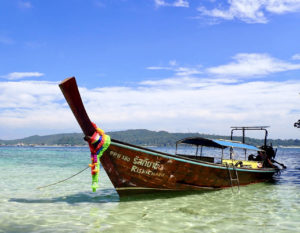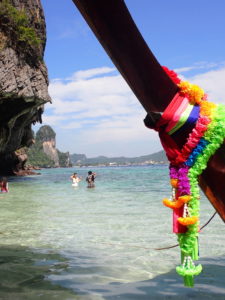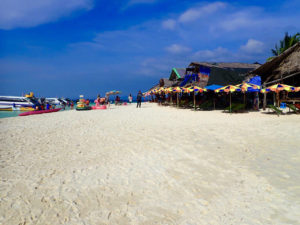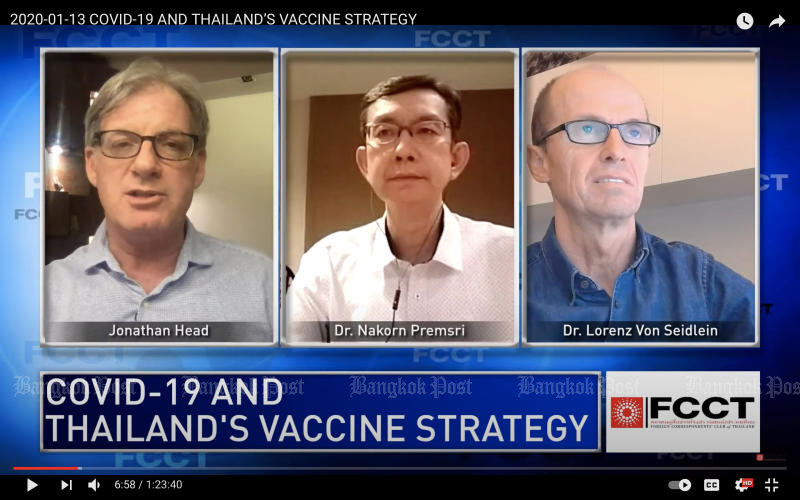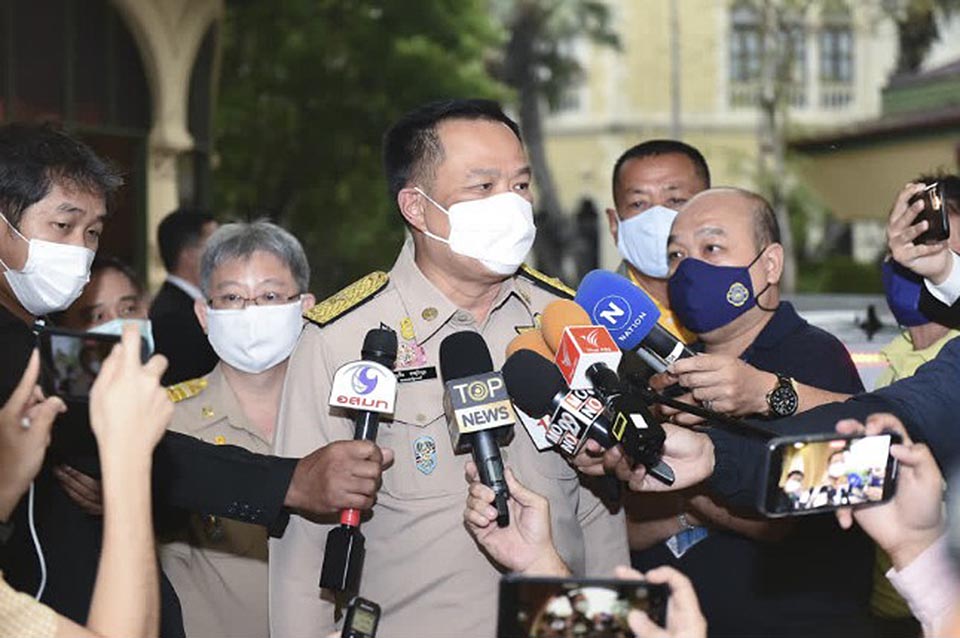
Thailand's Minister of Public Health says that more COVID-19 vaccine doses from the latest shipment will be sent to tourism areas, such as Phuket and Koh Samui, while confirming there will be no changes to the announced measures for Songkran holidays, as the situation is under control.
ร้านทอง TMK Gold ต้นมะขามช่างทอง
visit tmkgold.com/ to learn more
The Minister of Public Health Anutin Charnvirakul has revealed that more vaccines, from the recently arrived batch of 800,000 doses of Sinovac's vaccine from China, will be made available to tourism provinces, with 100,000 doses reserved for Phuket, 50,000 doses for Koh Samui, as well as more doses for second wave hotspot Samut Sakhon.
He said epidemiological factors are the most important when creating the vaccine distribution plan. However, the vaccine will also need to be given to villagers in tourism areas, in addition to healthcare workers, in order to stimulate economic activity.
The private sector in Phuket has recently requested 900,000 doses of vaccine to be made available to the province, in order to reopen the Andaman islands to international visitors.
The Minister of Public Health said this is highly feasible, as Thailand will be receiving 5 million doses of locally produced AstraZeneca vaccine in June, with 10 million doses per month expected afterwards.
Prior to June, Thailand will be receiving a shipment of another 1 million Sinovac doses from China.
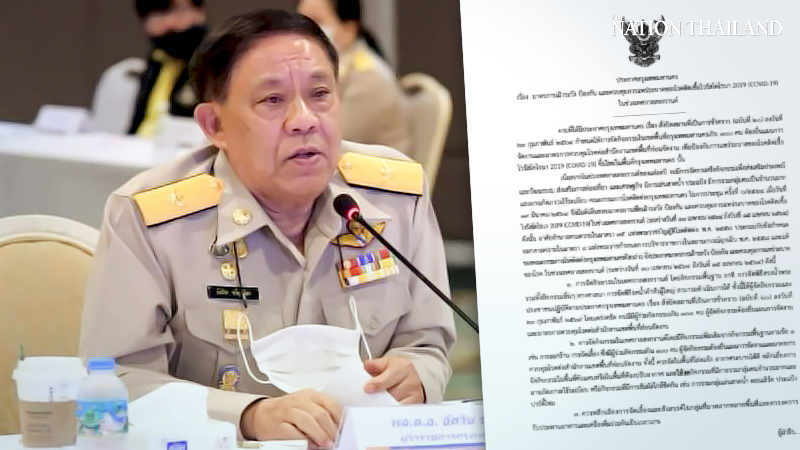



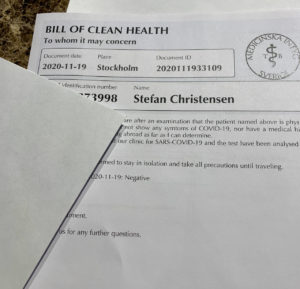 Det gör man online via den thailändska ambassadens hemsida och det innefattar bland annat en Covid försäkring, ett bokat och bekräftat karantänshotell samt lite pass och visumkopior.
Det gör man online via den thailändska ambassadens hemsida och det innefattar bland annat en Covid försäkring, ett bokat och bekräftat karantänshotell samt lite pass och visumkopior.